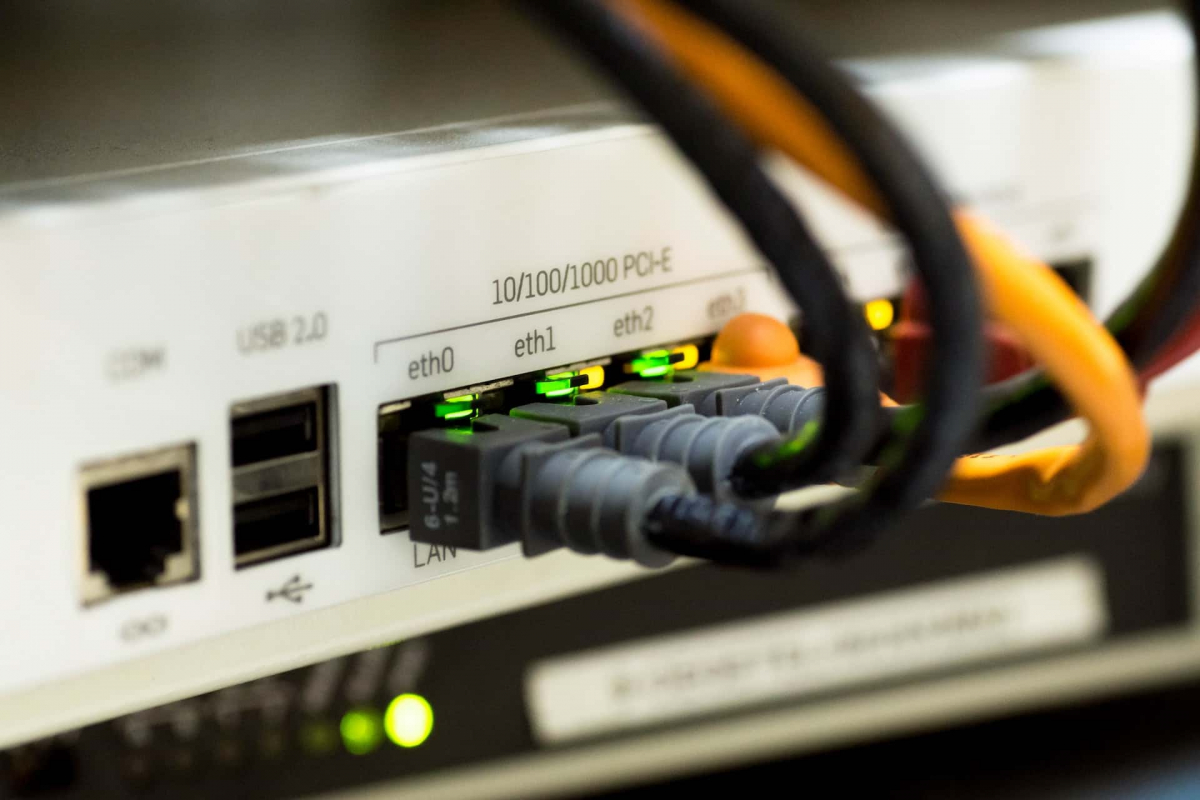The introduction of the internet has caused a dramatic shift in how we live. It has given us unprecedented information and conveniences and has become integral to our survival. Even though the internet is an essential part of our daily lives, there are many surprising facts about it that most people don't realize.
We have only begun to explore the stimulating effects of this decentralized, ever-evolving web of data and services and its fascinating impact on our world.
In this article, we'll explore some of the most surprising facts you probably didn't know about the internet.
1. The Internet is About 25 Years Old
As of March 2023, the internet is almost 25 years old. This may seem like a relatively short amount of time, but in that short span, the internet has profoundly impacted how we live, work, and communicate. From the first website that went online in 1991 to the billions of users and devices that are connected to it today, the internet has become so entrenched in our daily lives that it's difficult to picture life without it.
2. The Internet Is Not a Single Entity
The concept of "the internet" frequently invokes the perception of a singular entity; nevertheless, in reality, it constitutes a vast network of networks, encompassing countless interlaced devices - ranging from computers to servers, routers to switches - all performing collaboratively to facilitate the transmission of data across the vast expanse of our planet.
3. The Internet Had Many Previous Names
The technology behind wireless internet has undergone an extensive transformation since its inception, marked by a series of name changes that serve as a testament to its evolution. Previous appellations for this wireless technology have included WaveLAN, FlankSpeed, DragonFly, WECA (Wireless Ethernet Compatibility Alliance), and IEEE 802.11b. While these designations may appear arcane and unfamiliar to contemporary audiences, they each played a pivotal role in the progression of wireless networking technology. Today, we recognize it with a more succinct and universally recognized moniker - Wi-Fi. This term has become a widely recognized byword for the very concept of wireless internet connectivity, its widespread usage reflecting the phenomenal growth and ubiquity of the technology it represents.
4. Humans Are Not the Majority User of the Internet
It may surprise many, but humans do not do the majority of internet use. More precisely, over two-thirds of all online activity is triggered by malware and internet bots. These automated computer programs are programmed with various functions, ranging from indexing web pages for search engines to inundating email accounts with spam and executing fraudulent activities. While specific bots may be inoffensive and helpful, many are malevolent and can pose a severe risk to our digital safety and privacy. This startling statistic's implications are clear - we must prioritize and adopt robust cybersecurity measures to shield ourselves from these ever-present threats.
5. China Has 640M Internet Users
The internet population of China is remarkably colossal, consisting of an astonishing 640 million individuals utilizing the internet. This number surpasses twice the entire population of the United States. China's society relies heavily on the internet for communication, commerce, and entertainment, making it a critical component of everyday life. With China's economy on the rise, the internet population is expected to keep increasing, solidifying China's position as the world's most significant online market.
Final Thoughts
In conclusion, the internet is unquestionably a game-changing innovation. How we talk to one another, get our jobs done, and get our hands on information have all been profoundly affected. Even though we use the internet daily, most people only know a few exciting things about it. From its long history and decentralized design to the advent of wireless connectivity and the rise of automated processes, the internet has had. It will continue to have far-reaching and unanticipated effects on society. Constant vigilance and knowledge of the internet's underlying workings and potential threats are essential as our reliance grows. The internet is a valuable resource, but we must know its risks if we use it safely.

